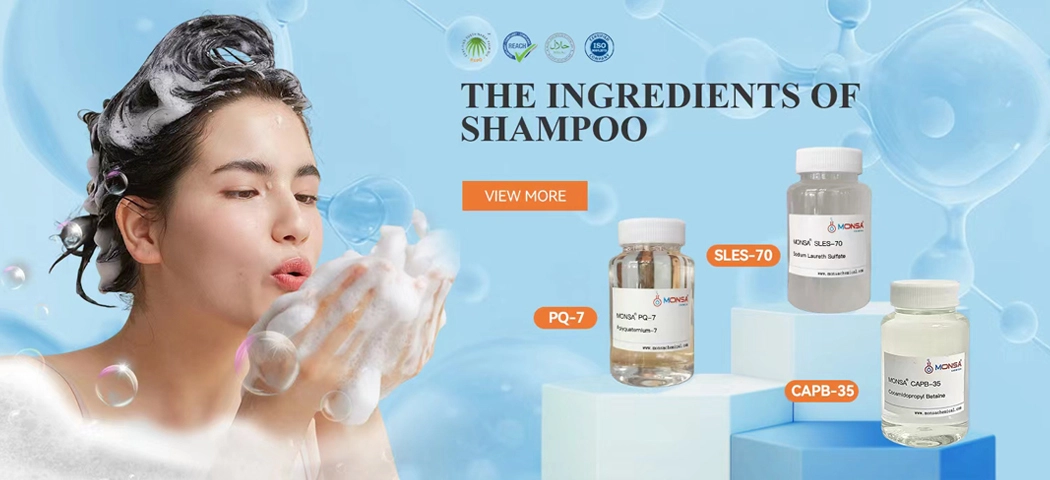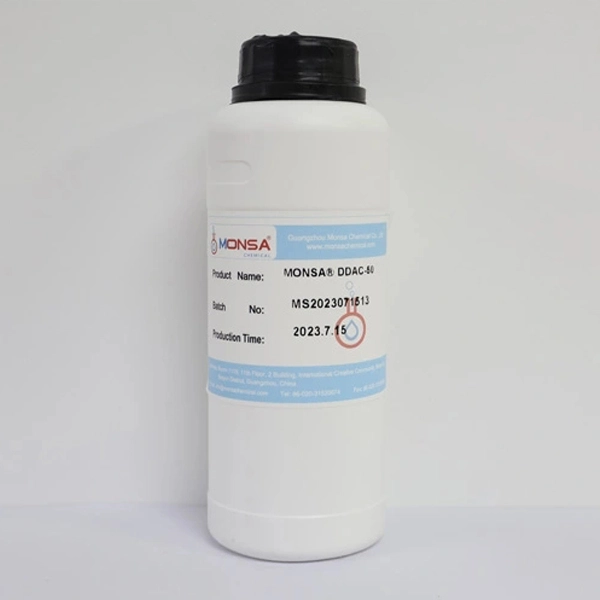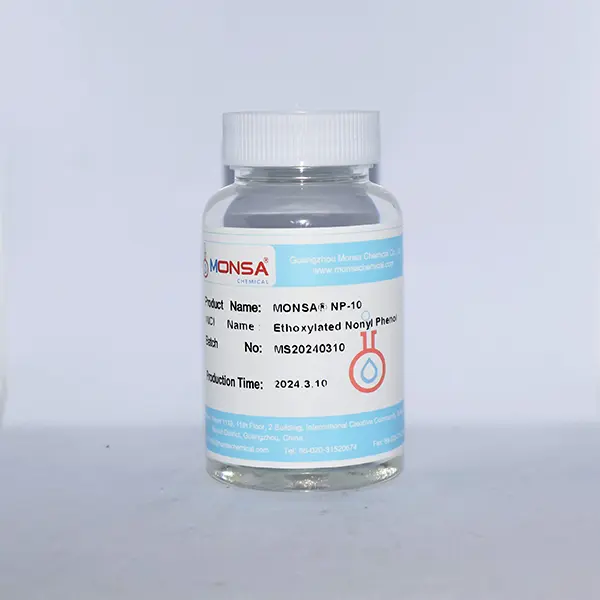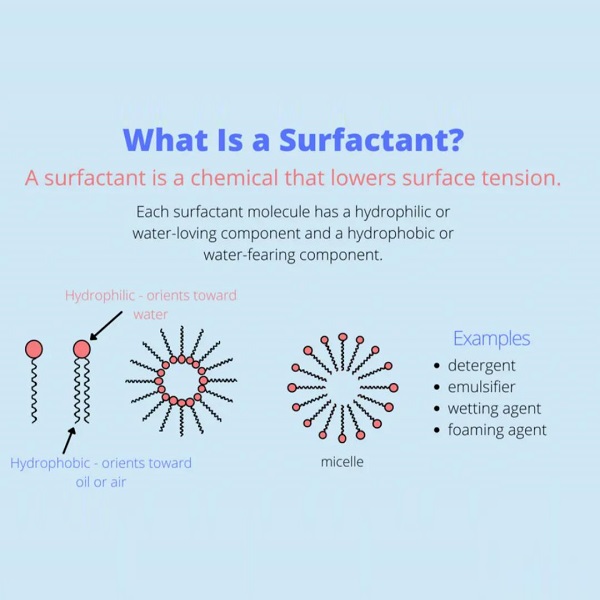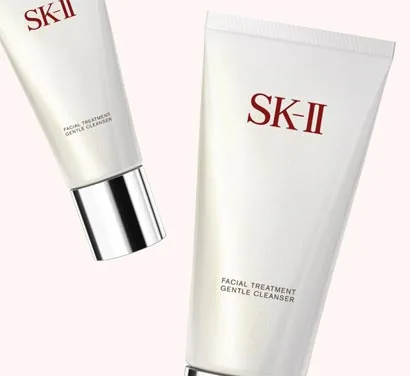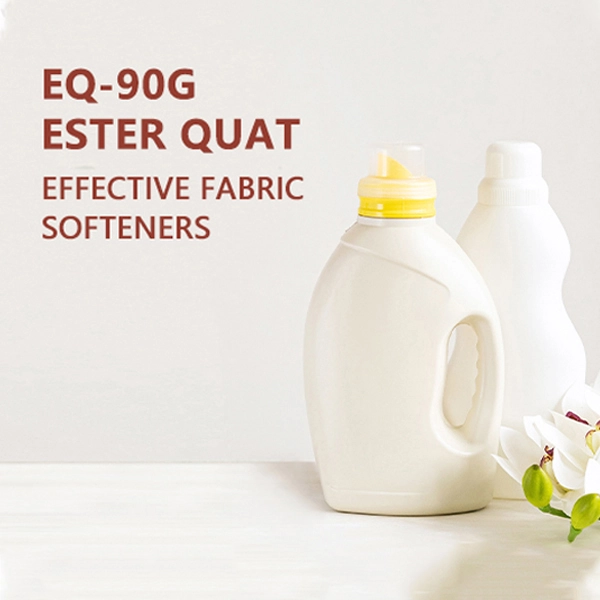The widespread use of cosmetics has aroused our strong interest in their ingredients. In addition to moisturizers, preservatives, and active ingredients, we often hear about a mysterious ingredient - surfactants. So why are surfactants added to cosmetics? Let's take a closer look.
Surfactants in cosmetics - we are two-faced
Surfactants are a class of compounds that can reduce the surface tension of liquids, and they play an indispensable role in cosmetics. Soap is a common surfactant in our daily lives, and the magical cleaning effect of soap is thanks to the surfactant's "two-faced" characteristics.
Soap molecules have hydrophilic groups and lipophilic groups, which allow them to dissolve in water and adsorb oils. This structure enables soap to adsorb on water on one end and on oil dirt on the other end, effectively washing away the dirt. Surfactants in cosmetics with this "amphiphilic" structure form micelles at the interface of water and oil, creating a wonderful cleaning effect.
The role of surfactants in cosmetics
Emulsification
Creamy or emulsion-like products containing both water and oil are common in cosmetics. Due to the incompatibility of water and oil, surfactants in cosmetics play a key role in emulsification. In an aqueous environment, surfactants form micelles that encapsulate the tiny particles of oil, allowing them to be evenly dispersed in water and form a stable emulsion. When such an emulsion is applied on the skin, it can release oil and facilitate the absorption of active ingredients.
Cleaning effect
Surfactants are one of the main ingredients in cleansing cosmetics. In products such as facial cleansers and shampoos, surfactants effectively remove oil and provide gentle cleansing effects for the skin and hair. Choosing mild and non-irritating surfactants ensures effective and safe cleansing.
Care function
Surfactants in cosmetics not only have cleansing effects but also play a role in skincare. Due to the lipophilic groups of surfactants, they can improve the texture of the skin or hair, providing users with a more comfortable experience. Some cationic surfactants can even form a protective film on the hair, providing hair care effects.
Overall, surfactants play multiple roles, such as emulsification, cleansing, and care, in cosmetics. The reason cosmetics cannot do without surfactants is that they enable complex ingredients to coexist harmoniously in products and provide users with more effective and safer beauty experiences. When choosing cosmetics, we may pay more attention to the surfactants in the products because they may be the unsung heroes behind beautiful skin.

